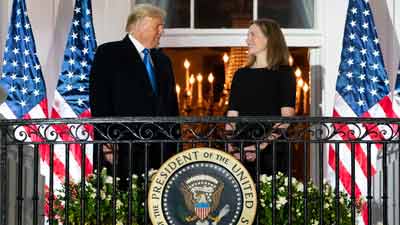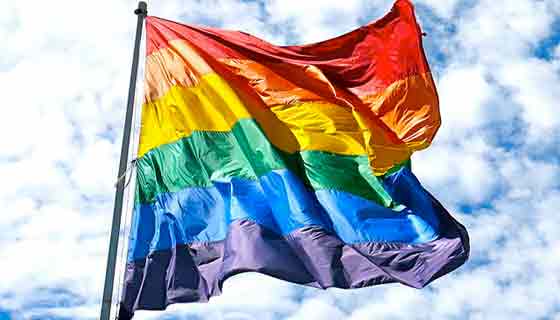Following the conclusion of oral arguments in Tuesday’s landmark U.S. Supreme Court hearing, advocates displayed cautious optimism that after years of legal wrangling, the U.S. legal system may finally support full marriage equality.
“The case for the freedom to marry shone through at every turn in the argument, undimmed and undeniable,” said Freedom to Marry founder and president Evan Wolfson following the hearing. He added that “it should be clear to a majority of justices, as it has been to a cascade of lower courts and a national majority for marriage, that there is simply no good reason, no just principle, no argument, no evidence to justify perpetuating marriage discrimination any longer.”
Though framed by supporters of same-sex marriage bans as an issue of states’ rights, arguments against marriage discrimination largely focused on the principle of equality.
“The choice is not between the Court and the State, but instead whether the individual can decide who to marry, or whether the government will decide for him,” said attorney Mary Bonauto, who argued in favor of marriage equality on behalf of petitioners in Question 1 in Obergefell v. Hodges, in her closing argument.
During the question period, the liberal bloc of the Court also voiced clear concern over the legal discrimination perpetuated by such bans.
Justice Stephen G. Breyer questioned the right of states to be able to exclude gay people from marriage. “Marriage is open to vast numbers of people,” Justice Breyer said, adding that same-sex couples “have no possibility to participate in that fundamental liberty. And so we ask, ‘Why?'”
The two potential “swing votes,” Chief Justice John Roberts and Justice Anthony Kennedy, both expressed ambivalence over what they saw as redefining the convention of marriage, which Kennedy said “has been with us for millennia.” However, Kennedy refuted claims that same-sex marriage harms conventional marriages or lacks the same “noble purpose.”
And Roberts, echoing the concerns of the liberal bloc, asked why marriage bans don’t amount to a “straightforward question of sexual discrimination?”
During the hearing, while marriage equality advocates rallied outside the courthouse, an anti-gay rights protester interrupted the proceedings, yelling that supporters would “burn in hell.” The individual was escorted out by security.
Though the Justices will reportedly vote on the decision later this week, a ruling is not expected until June. SCOTUS blog reporter Amy Howe says that there is “no clear indication” where Kennedy—and thus the rest of the Court—is headed.
Howe writes:
Once again, it may all come down to Justice Kennedy, and he didn’t tip his hand during his questions and comments in the first part of today’s arguments. Kevin Russell, who contributes frequently to this blog, has suggested that the Chief Justice’s questions during the second part of the oral argument could be part of an effort to broker a compromise, in which the Court rules that there is no right to same-sex marriage but still gives the plaintiffs much of what they are seeking by requiring states to recognize same-sex marriages that happen somewhere else. Notably, however, Justice Anthony Kennedy was quiet during the arguments on the recognition question. Does that silence mean that he had already decided to rule for the plaintiffs on the first question, eliminating any need to worry about the second one?
The Court has posted the full transcript and audio for Question 1 and the full transcript and audio for Question 2.
Marriage equality advocacy groups Freedom to Marry and Gay & Lesbian Advocates & Defenders (GLAD) both kept live blogs throughout the day’s proceedings.
Photo Credit: Rob Crawley, flickr
This article originally appeared on Common Dreams.










